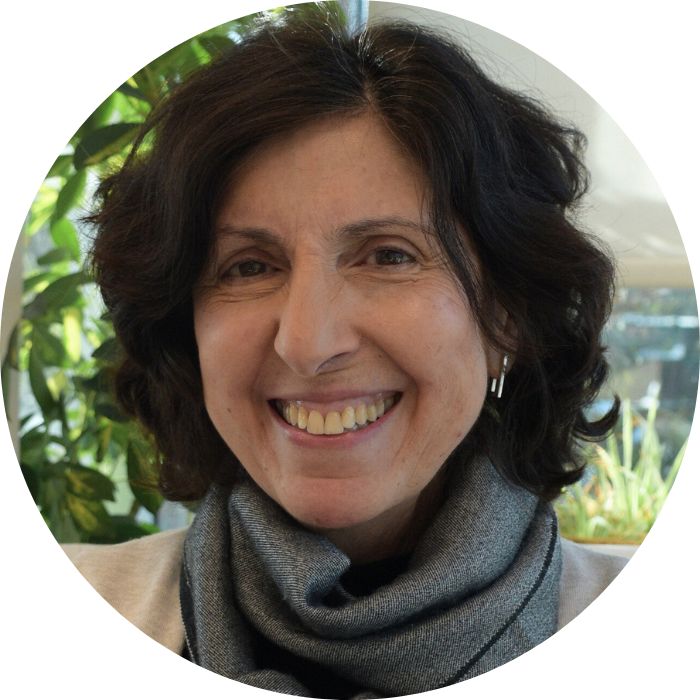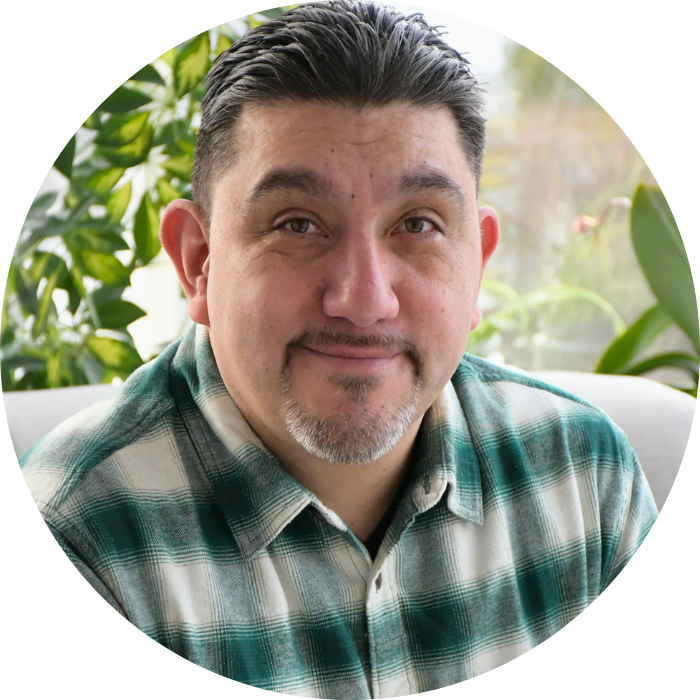Substance Use and Addictions
Not all substance use is harmful, but if it is affecting your health, functioning, relationships, or is becoming an addiction, consider speaking with a professional. Our team offers both individual and group support to suit your needs.
What is Substance Use?
Substance Use is the process of using substances that are either legal (like alcohol, nicotine, inhalants, cannabis or prescription medications) or illegal (like heroin, cocaine and methamphetamines). People use substances for a variety of reasons including to relax or have fun, to cope with things like stress or trauma, out of curiosity or peer pressure, or even for self-medication or performance enhancement.
Substance use exists on a spectrum starting with not using at all, going to experimental or social use, then to regular use, followed by problematic or risky use, and finally shifting into addiction or a substance use disorder. Not everyone experiences an escalation along this spectrum, however frequent or risky use increases the likelihood of addiction - especially if there are other risk factors (like mental health issues, trauma or genetics).
A related clinical diagnosis is Substance Use Disorder (SUD), which must be diagnosed by a trained medical or psychological professional. In general it refers to a pattern of substance use that causes significant distress or impairment in functioning, and can range from mild to severe.
What is Addiction?
Addiction is the broad term used to describe a chronic brain disease which involves compulsive substance use, loss of control, and continued use of substances despite consequences. All addictions are substance use disorders, but not all substance use disorders are addiction - you can have mild SUD without being addicted.
If you are noticing your substance use or addiction has been making you uncomfortable or has been impacting your life, we’re here to support you.
Types of Therapy and Support
Therapy for substance use or addiction will involve looking at what your experience with substance use has looked like, what impacts it has had on your life, and what your goals for treatment are. Each clinician will have their own approach to dealing with these issues, but some of the approaches you might experience at The Growth & Wellness Therapy Centre include:
Cognitive Behavioural Therapy (CBT)
Dialectical Behavioural Therapy (DBT)
Motivational Interviewing (MI)
Working with a Clinician
Our office has a number of professionals who work with substance use and addictions, who you can view below. Once your clinician has met with you and completed their assessment they will make a plan with you to address the symptoms or causes that may be negatively impacting your life. Therapy is most effective when there is a strong connection between the therapist and client, and because of that we encourage you to meet for consults with as many clinicians as you need to ensure the best fit.





